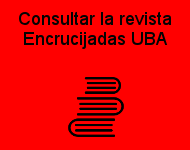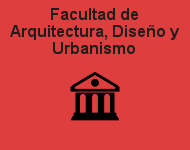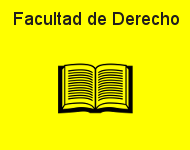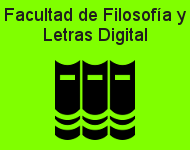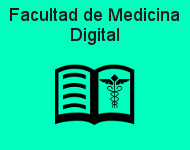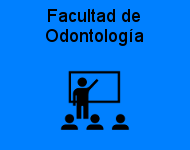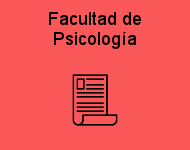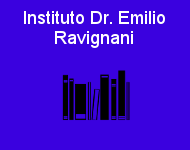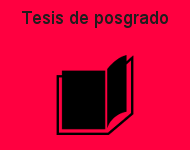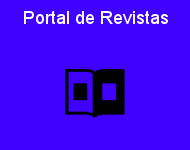To Imagine a New Political Order: Liberal Criticism against the Spanish Inquisition in the Press of Lima and Buenos Aires during the Cadiz Courts (1810-1814)
Imaginar un nuevo orden político: la crítica liberal a la Inquisición española en la prensa de Lima y Buenos Aires durante las Cortes de Cádiz (1810-1814)info:eu-repo/semantics/publishedVersion
ISSN 1850-2563 ISSN 1850-2563
http://creativecommons.org/licenses/by-nc-nd/2.5/ar/
 6572.oai
6572.oai Cita bibliográfica:
Tcherbbis Testa, Jimena (2018-12-20). Imaginar un nuevo orden político: la crítica liberal a la Inquisición española en la prensa de Lima y Buenos Aires durante las Cortes de Cádiz (1810-1814). (info:eu-repo/semantics/article). En: Boletín del Instituto de Historia Argentina y Americana Dr. Emilio Ravignani; Núm. 50 (2019): Enero-Junio. Instituto de Historia Argentina y Americana Dr. Emilio Ravignani. Facultad de Filosofía y Letras. Universidad de Buenos Aires. [consultado: ] Disponible en el Repositorio Digital Institucional de la Universidad de Buenos Aires: <http://revistascientificas.filo.uba.ar/index.php/boletin/article/view/6572>


